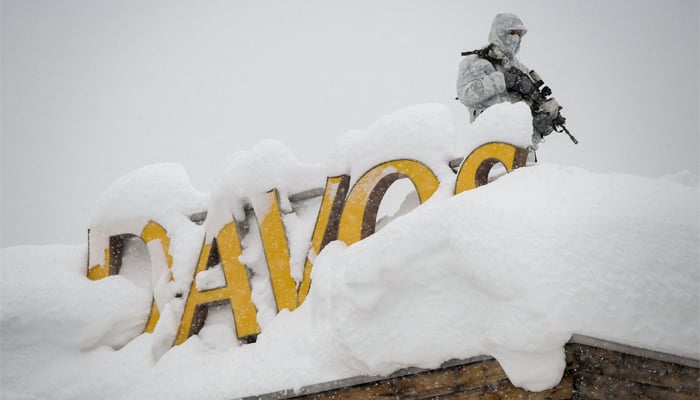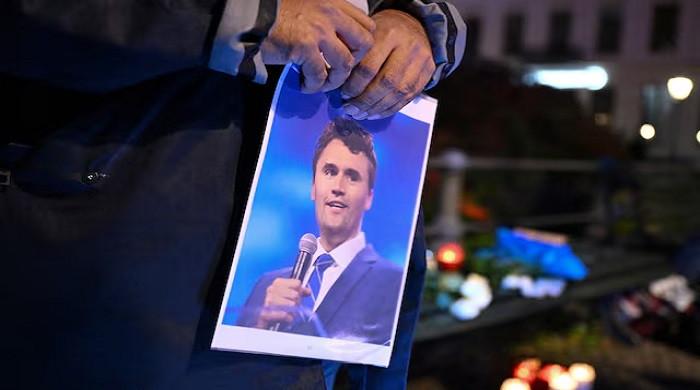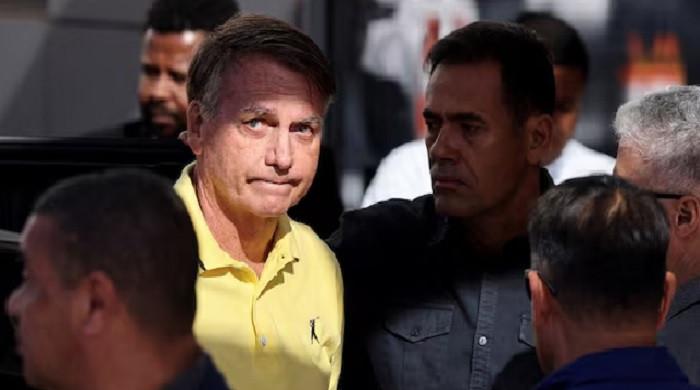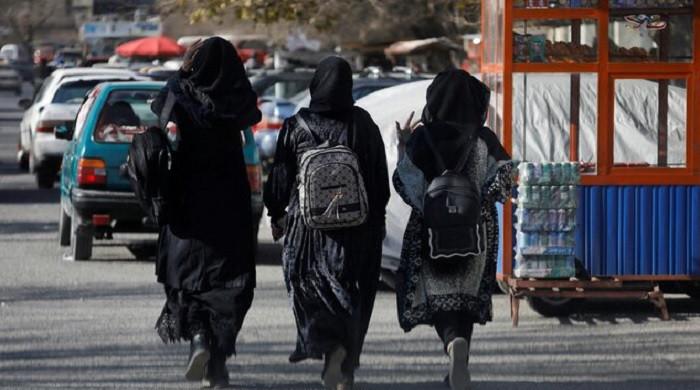Davos-bound bosses very upbeat on world economy: survey
57 percent of top executives believe that global growth will strengthen in the next 12 months
January 23, 2018

DAVOS: A record number of bosses are optimistic about global economic growth, according to a PwC study published on Monday at the World Economic Forum (WEF) in Davos.
The data will be especially welcome for this year's star WEF attendee US President Donald Trump, with many respondents in the US praising his party's tax cuts for businesses.
According to the survey, conducted among 1,300 business leaders worldwide, 57 percent of top executives believe that global growth will strengthen in the next 12 months, a record figure since the survey started in 2012.
The annual poll helps set the tone for the conversation in Davos, where the world's business and political elite meet to discuss pressing global issues, but also to network and hash out deals.
The findings are significantly better than last year, when only 29 percent were bullish on the world economy, and match much of the optimism expressed by business leaders heading for the forum in Switzerland.
Optimism has particularly jumped in the United States, where 59 percent of bosses declared themselves confident.
But even in Japan, or Brexit-bound Britain, the situation has improved with optimism among CEOs in the UK at 36 percent, against 17 percent last year.
"With the boom in stock market and GDP growth around the world, it's no wonder that CEOs are so optimistic," said Bernard Gainnier, president of PwC France.
When it comes to the prospects of their own companies, business leaders are also confident, even if the increase over last year is less spectacular: 42 percent of respondents said they are "very confident" for the next 12 months, against 38 percent in 2017.
The United States remains the most promising market for non-US bosses, followed by China, Germany, Britain and India.
However, despite this general optimism, leaders say they are "extremely concerned" by terrorism, geopolitical uncertainties and cyber threats.











